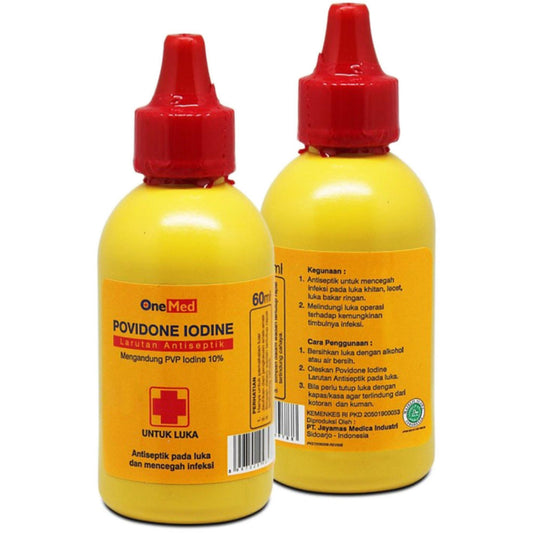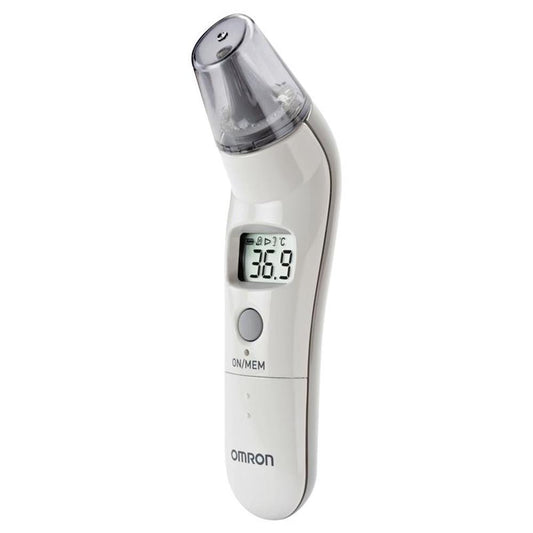
Prevent Breast Milk Decrease! 7 Best Steps to Keep Your Breast Milk Production Optimal!
Expressing breast milk or pumping is one of the best ways to maintain a smooth milk supply, while also overcoming the concerns of breastfeeding mothers about low milk supply. When is the best time to pump? The answer depends on the needs and conditions of each mother.
Some mothers start pumping as soon as their baby is born, while others choose to wait a few weeks or months. According to pediatricians, breastfeeding usually feels more natural when your baby is 4 to 6 weeks old. At this stage, you may have free time between feedings to start pumping extra milk to build up your supply.
Pumping can be done manually by hand or using a breast pump. However, although it looks simple, many mothers often experience challenges on their first try. How to make pumping easier and more effective? Let's discuss the steps!
Mistakes When Pumping Breast Milk That Must Be Avoided to Keep Production Smooth
Pumping breast milk is one effective way to ensure that the baby's needs are met while maintaining the supply of breast milk. However, without realizing it, there are several mistakes that mothers often make when pumping, which can actually cause breast milk to dry up or decrease in quantity. What are these mistakes and how to avoid them? Check out the following explanation to maintain optimal breast milk production!
1. Often Delaying Breast Pumping
Delaying pumping, especially when you are away from home, can reduce your milk supply. Remember, the principle of supply and demand plays a big role: Delaying your pumping schedule too often will only cause your milk supply to decrease. Pumping regularly is essential to maintaining a steady milk supply, especially in the early stages of breastfeeding.
2. Irregular Pumping Schedule
Breast pumping should be done on a consistent schedule. Ideally, pump at least 8 times a day for a total duration of around 100 minutes, or 15-20 minutes every 2-3 hours. Avoid going more than 5 hours without pumping to prevent your milk supply from decreasing. To maintain a smooth milk supply, a regular pumping schedule is very important. Newborns usually breastfeed 8 to 12 times a day, and mothers can imitate this pattern by pumping at least 8 times a day for a total duration of around 100 minutes. To make it easier, pump for 15-20 minutes every 2-3 hours or at least 10 minutes per session. After the milk flow stops, continue pumping for 2-5 minutes to ensure that the breasts are completely empty. Avoid going more than 5 hours without pumping, as this can decrease milk production. If the flow slows down after 10 minutes, mothers can try techniques such as massage or gentle pressure on the breasts to facilitate the flow of milk, as recommended by lactation counselors.
3. Improper Pumping Technique
Mastering the technique of expressing breast milk, whether by hand or with a device, is very important. Low cycle pumps or ineffective pumping methods can inhibit breast emptying, thus affecting milk production.
4. Using the Inappropriate Pump Funnel
The size of the pump funnel should match the diameter of the nipple to avoid pain and ensure maximum pumping results. A funnel that is too small or too large can affect pumping efficiency.
Many new mothers often end their pumping session too soon because they think their milk is finished or can no longer come out, when in fact, there is still milk in the breast unless the mother experiences leakage, breastfeeds the baby, or pumps effectively. Milk is released through the let down reflex, which often feels like a pinprick sensation in the breast. If the milk does not come out immediately, you can try massaging the breast area or doing skin to skin with your child to stimulate the flow of milk. In addition, make sure your body's fluid needs are met, because according to the 2019 Nutritional Adequacy Rate (AKG), breastfeeding women need an additional 800 ml of fluid per day, so that the total reaches almost 3.2 liters to support optimal milk production.
6. Consumption of Medications that Affect Breast Milk Supply
During breastfeeding, mothers need to be careful about taking medications because some types, such as oral contraceptives containing estrogen or certain decongestants, can reduce milk production. Lactation consultants recommend that breastfeeding mothers avoid prescription and over-the-counter medications that could potentially interfere with milk supply. If you need birth control, be sure to consult your doctor so that you can choose a method that is safe and will not affect milk production.
7. Too High Expectations
Don't compare your milk supply with other mothers. Focus on your baby's needs and be realistic in setting expectations. Producing enough milk for your baby is your top priority.
Maintaining a smooth milk supply does require attention and patience, but by understanding the right way to pump, mothers can avoid various mistakes that can affect milk production. If you are looking for an effective and trusted breast pump product to support your breastfeeding journey, The Kingdom Shop is here with a variety of choices that can help meet your needs. Get the best health products easily and practically only at The Kingdom Shop , the place for the right solution to support your health and your baby's!













